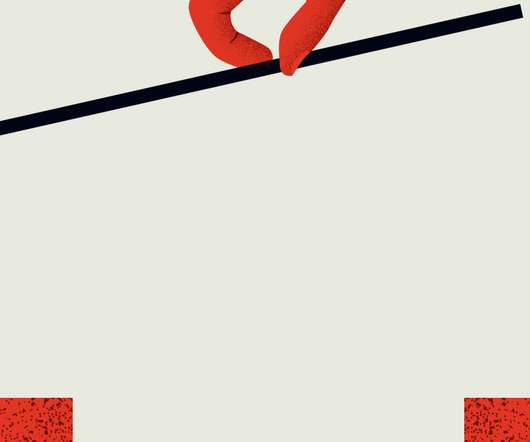Online Learning's 'Greatest Hits'
Edsurge
FEBRUARY 20, 2019
From the very start of digital education, the big question has always been: ”How can students learn effectively, if they’re not face-to-face with their instructors?” Students can communicate peer-to-peer and also engage instructors directly in text, voice, and video, recorded for later access or run immediately in real-time.


















Let's personalize your content